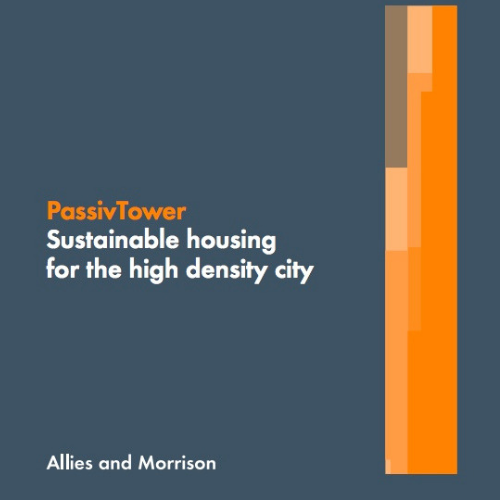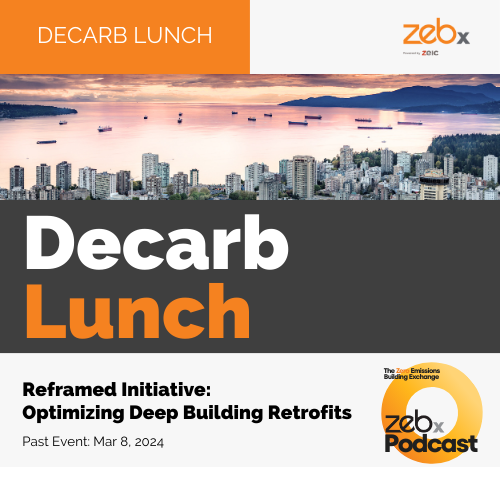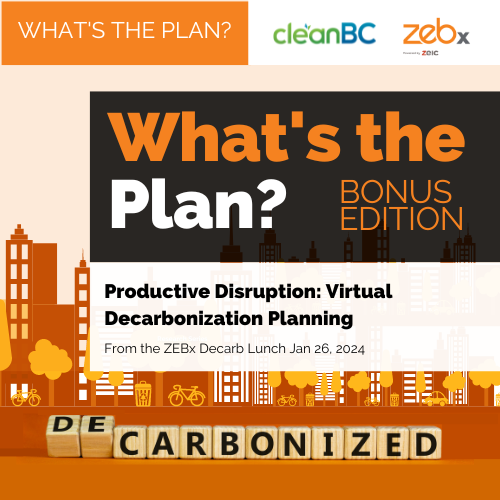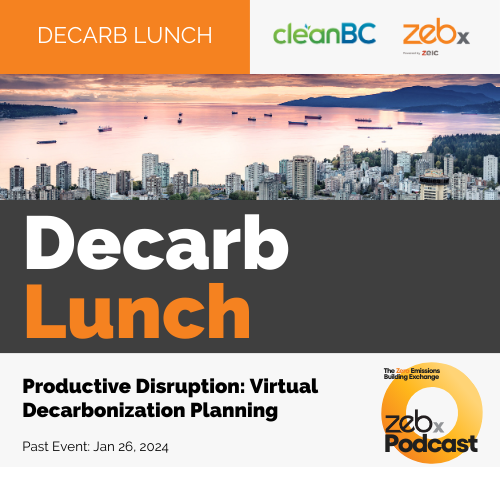
PassivTower: Sustainable Housing for the High Density City
October 30, 2018
Heat Pumps for Domestic Hot Water
November 29, 2018
Past Event: November 28, 2018 @ 9:00 am – 1:00 pm
Overview
Presented by ZEBx and Peel Passive House, this interactive two-day course allows participants to delve into intricate aspects of building energy modelling in PHPP. A key focus will be on HVAC systems, with an in-depth look at the heating, cooling and DHW systems. Effective methods for using PHPP to support the iterative design process will also be explored. Learning will be supported by a practical case study involving modelling and analysis of a multi-story, mixed-use residential building.
To provide enhanced benefit, participants will be given the opportunity to submit questions prior to the course. At least one question from each participant will be addressed on Day Two of the course.
Hosted at RDH Building Science’s office, subject matter expert, Monte Paulsen will participate in course discussions to lend his expertise and insights from past projects.
Learning Objectives
- Develop advanced modelling techniques for HVAC and DHW.
- Practice modelling multiple systems in a single PHPP.
- Determine reduction factors for unheated spaces.
- Learn how to troubleshoot common and not so common PHPP errors.
- Understand common mistakes and how to avoid them.
- Explore how to use PHPP effective to support the iterative design process.
- Participants will gain expertise in:
- Thermal bridging: working with unique details and 3D penetrations.
- Heat loss through sanitary and rain pipes: an updated methodology.
- Parkades and other unheated spaces.
- Curtain walls.
- Review of important conventions.
- Heat pumps: air source and DHW.
- Space cooling equipment.
- DHW storage losses.
- Modelling multiple HVAC systems in a single PHPP.
- Modelling mixed-use buildings.
- Electrical equipment: translating performance figures into PHPP inputs.
- Diagnostic tools.
- Questions answered.
- Prerequisites
- Participants must have at least two to three days of PHPP training (ex: Passive House Canada Part B) and experience working with PHPP on an actual building project. Participants who lack one or more of these may find it difficult to keep up with the course material and exercises.
Instructors
Andrew Peel
As Principal of Peel Passive House, Andrew provides Passive House and low carbon consultancy, certification, training, and product development services to the building sector. His professional and academic experience ranges from consultancy, program management, authoring technical and non-technical articles, course and lecture delivery, and technical research. As the first English-speaking Building Certifier, Andrew has been exposed to a wealth of Passive House techniques and technologies. As a Consultant, he has developed innovative solutions to advance and streamline the Passive House design and construction process. Andrew skillfully weaves this knowledge into all the educational material he develops in order to spread it throughout the industry.
Prior to establishing Peel Passive House, Andrew managed the UK Government’s Innovative Carbon Saving Technologies Scheme and the Energy Saving Trust’s Best Practice Helpline. He also managed and delivered Passive House, Code for Sustainable Homes, wind turbine development, thermal modelling projects and Passive House study tours. Further activities included contributing to the development of the UK Government’s residential energy calculation methodology (SAP) and the Passive House Planning Package (PHPP).
Course Requirements
Participants arrive prepared with their own laptop, PHPP v9.9 and PHPP manual.
Bonus
Subject-matter expert from RDH Building Science will join the workshop to present on local project examples. Participants will have the opportunity to gain valuable insights through intimate group discussions with our RDH guest speaker.




